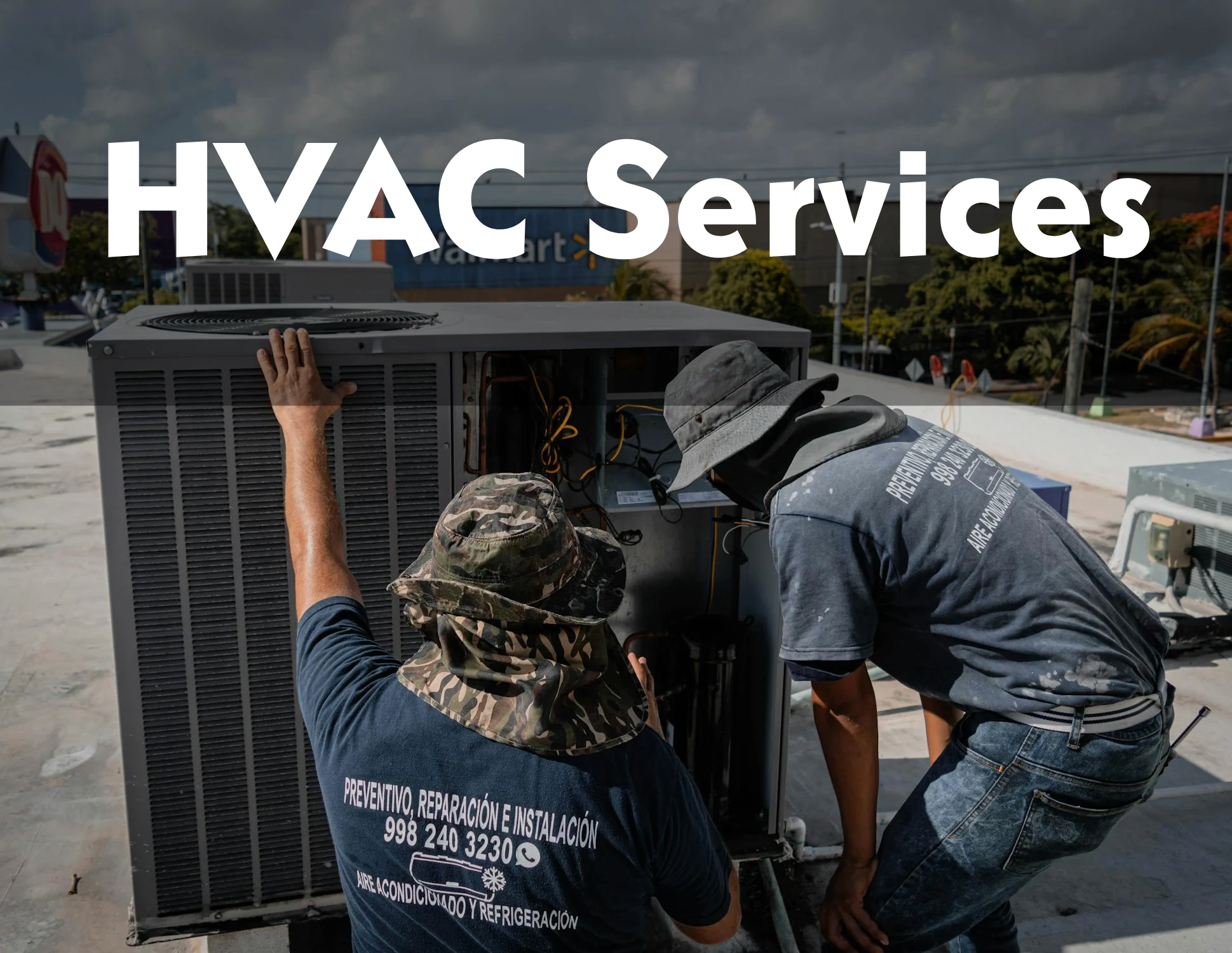Blog
The Role of HVAC Services In Maintaining Your System

HVAC systems help control your home’s indoor environment throughout the year. Regular maintenance can enhance comfort, promote mechanical reliability, and improve energy conservation. Achieving these results is possible when working with professional HVAC services that can provide interventions tailored to your system.
Here are some ways HVAC services help maintain your system:
System Inspections
Maintenance checks confirm that your system’s working parts, including the compressor, ignition system, condenser, and evaporator coils, are in good condition and are working within the expected threshold. Performance checks can also assess the system’s starting capabilities and airflow regulation. HVAC services may locate worn-out subsystems, identify irregular vibrations or noise, and confirm control settings are adjusted to energy-saving operations.
Heating and cooling needs vary depending on the season, and systems must be adjusted to perform effectively.
Seasonal tune-ups help verify that your HVAC system can meet the loads present in a particular season.
Technicians inspect ignition systems before the onset of winter and confirm that the refrigerant levels are adequate before summer.
These tune-ups help confirm that the system switches between heating and cooling modes seamlessly and without failure.
Tune-ups also aim to prevent seasonal problems like short cycling, low airflow, or inadequate heat exchange.
Filter Changes

Filters help prevent particulate matter from entering the internal parts of HVAC systems, where it may damage parts or lower indoor air quality. Filters collect dust, pollen, and other small particles over time. This affects air flow, increasing pressure on motors and fans, which can lead to part failure. Replacing dirty air filters helps regulate air flow in the building, reducing indoor air pollution and improving system efficiency. It can also support part longevity, leading to fewer replacements.
Thermostat Calibration
Thermostats act as the command center for HVAC operations. Battery degradation or internal misalignment can disrupt the connection between the thermostat and the HVAC ignition system. This may cause the whole system to heat up, slow down, or run longer than required. Calibration helps confirm that the thermostats accurately read the indoor temperature and respond to temperature changes quickly. Technicians check the sensor readings, adjust the interface parameters, and verify that the connected units respond. These measures help maintain a steady climate control and prevent unnecessary strain on the HVAC system.
Safety Checks and Leak Detection
| Safety Checks | Details |
|---|
| Safety Checks in Combustion Systems | Technicians test natural gas or fuel-burning systems by checking burners, pilot parts, and combustion gases to ensure clean and safe burning. They verify ignition flames are steady and controlled to avoid carbon buildup or gas flow issues. Pressure switches and flame sensors are also tested to make sure they work correctly under different conditions. |
| Leak Detection in Refrigeration Systems | Refrigeration needs the right amount of refrigerant to cool properly. Leaks can happen at joints, coils, or valves, hurting performance. HVAC techs use pressure gauges and electronic tools to find leaks and measure refrigerant levels. When leaks are found, they fix or replace parts and adjust refrigerant to the right amount, helping the system run efficiently and reducing stress on compressors and condensers. |
System Maintenance
HVAC systems have many components in constant motion, such as motors, bearings, and fan blades. These components can be damaged by friction and vibration if not lubricated periodically. Technicians use recommended lubricants to minimize friction and wear and tear on the HVAC system. This also helps reduce noise and enhance the system’s start and stop cycles.
- HVAC systems usually produce condensation, especially when cooling the air.
- This moisture must be properly drained off from mechanical parts and living areas.
- Maintenance involves emptying the condensate pan, flushing the drain line, and testing float switches for functionality.
- These steps help prevent overflow, standing water, and microbial growth within the system’s interior.
- Addressing leaks quickly reduces the likelihood of water damage in your home or mold spreading through the ductwork.
Hire Reliable HVAC Services
Effective HVAC maintenance is a systematic and routine process that focuses on the system’s major components. Working with professionals specializing in routine maintenance, inspection, component tuning, and system performance optimization confirms that your HVAC system is reliable all year round. Contact professionals today for targeted care for your HVAC system.
